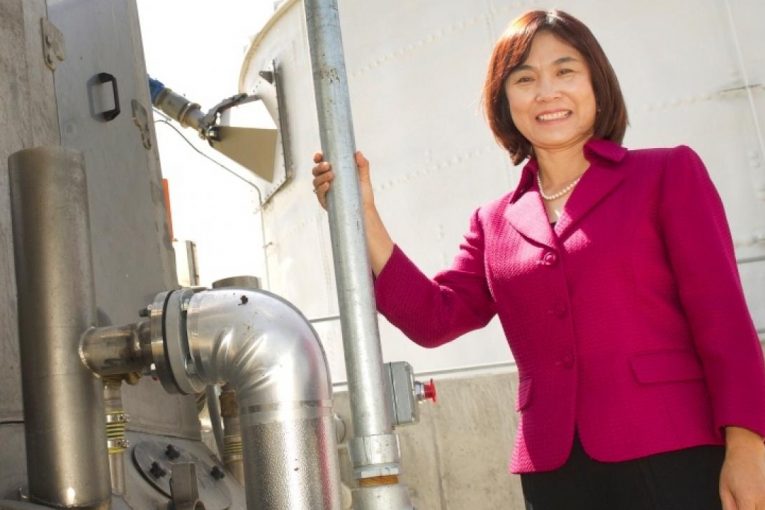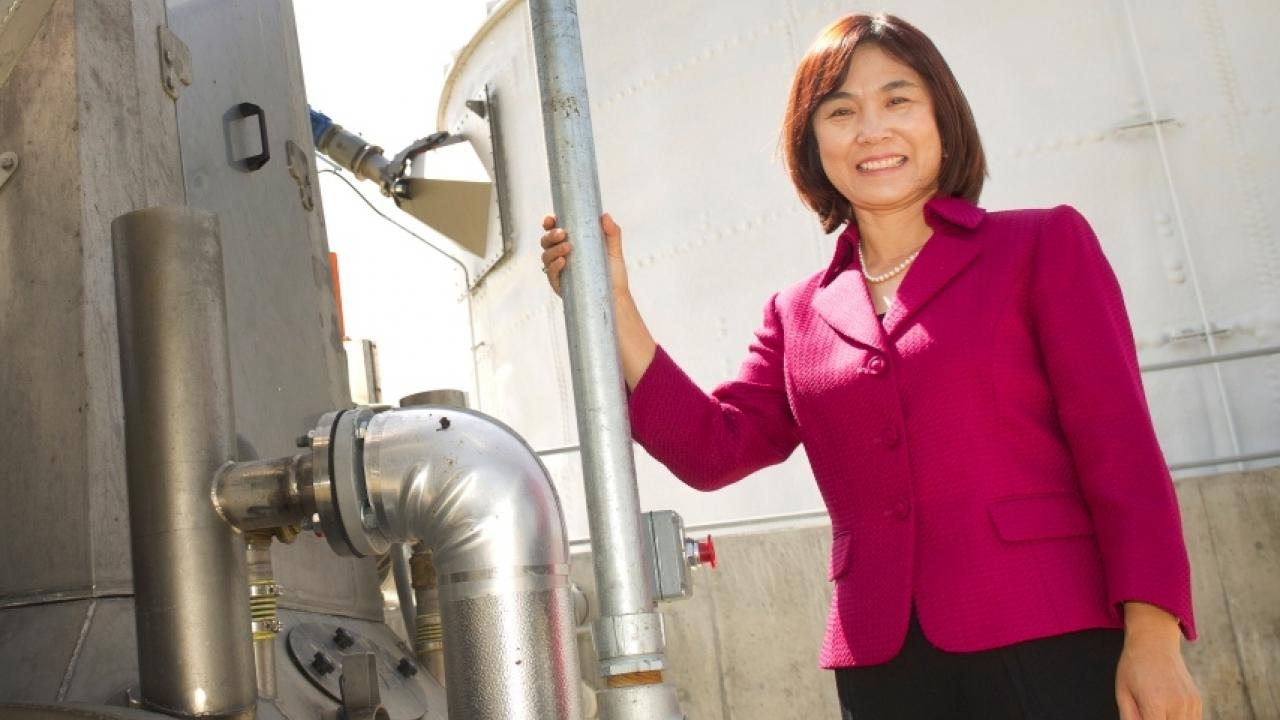

By Jess Taylor
DAVIS –– UC Davis has been awarded a grant from the United States Environmental Protection Agency (EPA) to reduce landfill waste while converting it into reusable energy and organic digestate. Additionally, the research conducted will have huge impacts on air and water quality.
Over $3 million was granted across the country in a nationwide competition where schools submitted their proposals to receive one of the twelve grants to be awarded.
UC Davis will be receiving $299 thousand dollars.
“The driver of our EPA grants is the importance of reducing food waste,” stated EPA Pacific Southwest Regional Administrator John Busterud. “We have a national goal of reducing food waste by fifty percent in 2030 off a 2015 baseline because more food reaches landfills than any other waste stream. The opportunity these grants present can make an incredible difference.”
The name of the grant is “Supporting Anaerobic Digestion in Communities.” UC Davis has had its very own Renewable Energy Anaerobic Digestor (READ) since 2014 to combat the nation’s food waste issue. With this grant, READ will be improved with brand-new technology that will increase its efficiency.
It comes as no surprise that UC Davis had a phenomenal proposal that aided the university with this grant. Leading the project, as well as inventing READ, is Professor Ruihong Zhang, who has taught biological agricultural engineering for undergraduate and graduate students since 1995. As she discussed the work she has been doing and will continue to do, her expression glowed with excitement and passion. 
Professor Zhang explained how organic waste is put into massive tanks with microbes in them. The microbes then break down the organic material into biogas, like methane, that is captured and turned into energy. It can be used to fuel vehicles, boiler systems and stationary generators. As the biogas is produced, it creates organic digestate (fertilizer.) The overall process generally takes 10 to 15 days with Davis treating about 20,000 tons of food waste a year.
“This project is important for our campus because we have a goal of zero waste by 2025. We have been taking food from campus and other local places, like grocery stores, to create renewable energy and organic fertilizer,” she informed.
With the aid of the grant, Zhang and her team will work on the expansion of READ to increase the microbes. At the end of the process, microbes are separated from the digestate then placed back into the digestor. By increasing the microbe population within these systems, the amount of waste that can be put into the digestors will significantly increase.
Furthermore, it will improve water quality while restoring it. Over 90 percent of food waste in landfills generates leachate that contaminates groundwater.
Emphasizing the importance of this issue, Zhang noted, “If we don’t treat food waste, we’re going to be contaminating our water, but with the digestor, we are able to prevent contamination and improve water quality.” An additional bonus of the digestor is that water is recovered from the food waste that is then generated into clean water for reuse.
Regarding air quality, the biogas used as fuel displaces harmful criteria pollutants associated with the combustion of gasoline and coal, according to Zhang’s proposal. READ removes 99 percent of the criteria pollutants in the biogas produced and reduces nuisance pollution within landfills, drastically improving the quality of our air.
Another goal that the grant aims to uncover is the market for digestors and the organic fertilizer produced. Busterud explained that, “Davis is going to access market opportunities for the fertilizer to see if it can be shown to be successful and have a market that would then provide opportunity to have digestors elsewhere.”
Unlike common synthetic fertilizers, the biofertilizer produced is exceptionally better than what is normally used. Zhang has done research on campus with crops, like tomatoes and corn, to analyze the effects of the fertilizer.
“The digestate has microbes and nutrients that remarkably improves the soil and the health of crops,” she revealed.
While this project will create environmental improvements, economic gain is tangible. Busterud voiced how people will be watching to see how well the university does while analyzing the ability to market what the school is.
“These grants will trigger the market to provide these technologies. This is a way forward that will create jobs as well as protecting the environment, which is a win-win.”
The READ facility is located on the west side of campus that can be biked to, though the gates may be closed in the evening. Ironically, it is built on UC Davis’ old landfill. Not only can the extensive and strenuous work of Professor Zhang be viewed, but the scope of positive environmental change lays within the confines of campus.

Jess Taylor is in her senior year at UC Davis from a small town called Wheatland. She is finishing her studies in English and Human Rights.
Support our work – to become a sustaining at $5 – $10- $25 per month hit the link:
